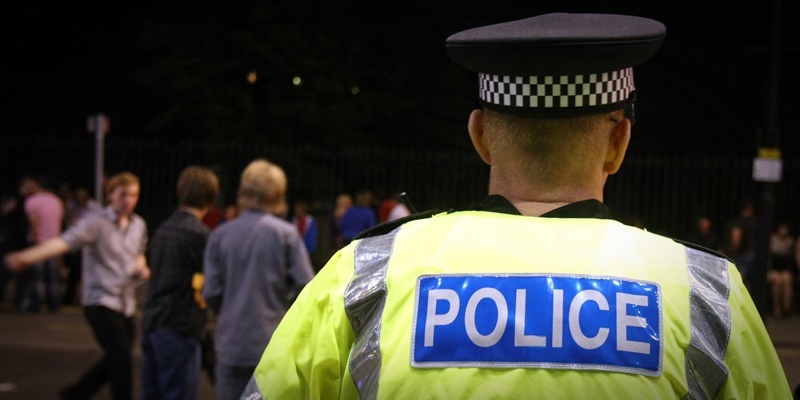The social acceptability of excessive drinking must be challenged to prevent the harmful effects it has on individuals and communities, a leading charity says.
Jennifer Curran, head of policy, research and communications at Alcohol Focus Scotland, was speaking after figures released by Tayside Police showed almost 400 people in the region were arrested for being drunk and incapable over the past eight months.
Drunks who have overindulged to the point of being unable to stand, walk, understand where they are, what they are doing and even what is being said to them may at first glance seem to pose more of a danger to themselves than others. But Jennifer insists it is a problem with wider implications for society as a whole.
Statistics released by Tayside Police following a freedom of information request confirm officers came across 144 people who were drunk and incapable between September 22 and the end of the year, and a further 239 from January 1 to May 30.
Jennifer said, “Offences that involve alcohol take up a vast amount of police officers’ valuable time. Drinking alcohol in public places, urinating in public or being drunk and incapable are all offences that are fuelled by alcohol.
“Alcohol has become a part of our everyday lives and sadly alcohol misuse is affecting everyone. Not only does drinking a harmful or hazardous amount of alcohol increase the drinker’s chances of illness such as liver disease or cancer but it also affects the relationship between the drinker and their family and friends, the wider community and, as these figures show, can result in a criminal conviction.”
The charity supports plans to introduce a minimum price for alcohol in a bid to curb problem drinking. A previous attempt by the Scottish Government to introduce a 45p per unit price was defeated last year, with opposition parties arguing it would hit responsible drinkers and have little effect on those with a problem.
However, it is expected to be successful when reintroduced with a majority SNP parliament this session a move welcomed by those working to promote a healthier approach to alcohol.
“We need to challenge the social acceptability of excessive drinking and the irresponsible pricing practices of the large supermarkets which fuel consumption,” said Jennifer. “We know that the cheaper alcohol is, the more people will drink and the more we drink, the more alcohol-related harm increases.”
